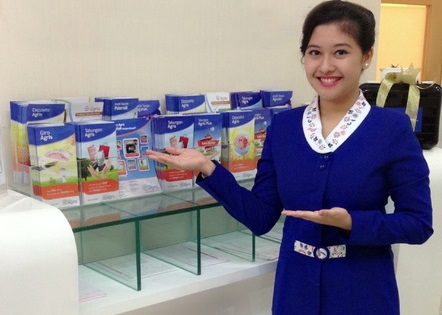Example Of Riba In Islamic Finance. Allah has given the guidance in the form of Islam for Muslim to take and lead all the aspects of life including the economic activity. The goal is to achieve falah in kaffah by not doing some economic activities that are in violation as prescribed by Islam.
Riba is an additional retrieval, either in a sale and purchase transaction or lending in a false or contrary to the principle of muamalah in Islam. Prohibition of riba is obtained from various sources by the Qur'an and Hadith Rasulullah SAW, so the scholars firmly and clearly defined the prohibition of riba because there are exploitative elements that can harm the others.
So, this study is aimed to identif yIslamic economic system and the prohibition of riba in historical perspective. From the results of this study is expected to be a good reference for the reader to understand the Islamic economic system and riba in the future. Sistem Ekonomi (Islam) dan Pelarangan Riba dalam Perspektif Historis. Jurnal Ilmiah Ekonomi Islam, 4(01), 1-13. doi: http://dx.doi.org/10.29040/jiei.v4i1.138.

Over the last few years, Islamic trading transaction has become more popular in Indonesia. Retail trade in Islamic banks for an example. There are many Islamic banks in Indonesia that provide alternative business transactions and halal product in retail trade to the public based on Islamic law, but Islamic banks must obey not only the origins of Islamic law, such as the Holy Qur’an and the Sunnah but also Islamic principle in terms of the prohibition of uncertainty, interest and gambling when they run their business in retail trade.
One of the agreements in retail trade is Murabaha which involves several possible structures, notably direct trading, company (seller) purchases via an agent or a third party and murabaha via the customer as an Agent. However, there are several contemporary issues, particularly Murabaha via Shares and executing time of Murabaha that still need to be discussed whether they disobey Islamic law and basic Islamic principles or not.

They must not be done with the ways or procedures that break the Islamic law (Syaria) for example interest (riba) which is always done in conventional banking system. In this paper, the products and the transaction (akad) in Islamic banking will be described in simple way. The example of products and akad in the real operating of Islamic Banking also is given to make the explanation more clearly.
The Examples are come from Bank Syariah Mandiri Indonesia. It is hope that all simple description about product and akad in Islamic Banking make reader more familiar to the Islamic Banking.

With sharia financing, the repayments you have to pay each month are fixed, equal throughout the loan term. Meanwhile, conventional mortgages offer fixed installments only in 1 to 3 years at the beginning of the credit.
After that the bank uses flowers that expand the size following market conditions so that the installment can change at any time. because in shariah financing house prices and bank profit margins have been pegged at the beginning of the credit agreement.
KPR syariah using murabahah scheme (sale and purchase), the fixed installment to be paid is Rp 6.3 million during the credit period.

However, with nearly 90 percent of the 250 million people living in Indonesia adhering to Islam, the market share of sharia banking is remarkably low. As such, there remains a huge potential for the development of sharia-compliant financial services and therefore policymakers in Indonesia are eager to tap this potential as it is one of the ways to deepen Indonesia’s financial markets, hence making the country less vulnerable to the effects of global economic turmoil.
By 2023 Indonesian authorities target Islamic banks to control at least 15 percent of the market. However, this is considered a too ambitious target if not supported by substantial reforms in the country's Islamic banking industry. However, growth of Islamic finance has not been optimal and missed targets set by the financial authorities.
This roadmap involves various strategies from reducing fees on sharia-compliant banking products to developing education and training programs. The roadmap also supports the consolidation of state-owned and commercial Islamic banks, which will in turn increase the size of the banks' capital bases, enhance cost efficiency, as well as to allow increased underwriting in the corporate and infrastructure sectors. President Joko Widodo, often called “Jokowi”, emphasized that Indonesia is the country with the largest number of micro financial institutions in the world, the largest Islamic debt paper (sukuk) publisher, and the only country that issues retail Islamic debt papers for wide use and developed. Instead, risks and rewards should be shared and the transaction should have real economic purpose without undue specification. • Islamic Finance in Indonesia: Sharia Banking is Large Untapped Potential.